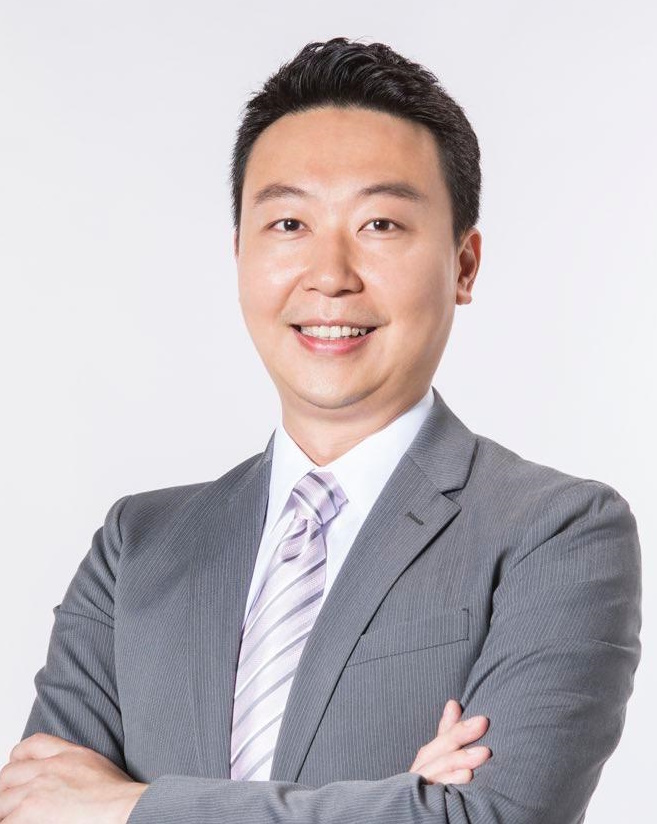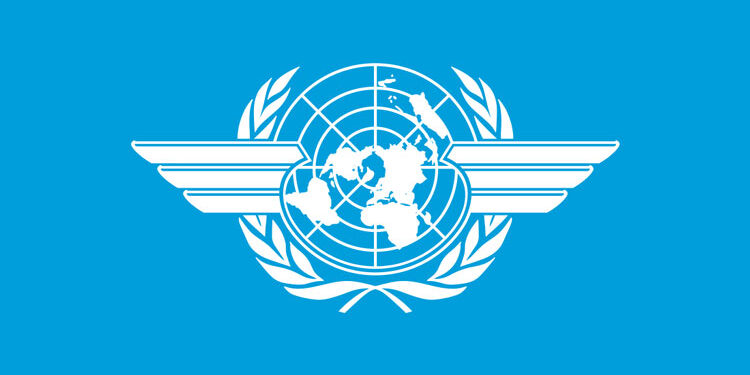Chen Shih-kai
Minister for Transport and Communications ROC (Taiwán)

The International Civil Aviation Organization (ICAO) convenes its Assembly every three years. During this event, multilateral meetings and discussions are held to establish global civil aviation regulations and standards. Nations comply with the Assembly’s conclusions, ensuring the safe and orderly growth of international civil aviation worldwide. The forty-second session of the ICAO Assembly will be held from 23 September to 3 October in Montreal, Canada. In accordance with its long-term strategic plan “Safe Skies, Sustainable Future”, ICAO reaffirms its commitment to work with all stakeholders, including member States, Non-Member States, NGOs and private companies- with the aim of building a more resilient, sustainable and inclusive international aviation system. We call upon ICAO to allow Taiwan full participation in its Assembly, technical meetings and mechanisms to ensure regional aviation safety and development needs, thus achieving safe skies for a sustainable future.
Ensuring regional aviation safety and development needs
The Taipei Flight Information Region (FIR) covers one of the most active air travel regions in East Asia. It is an indispensable part of the ICAO network of more than 300 FIRs. The Civil Aviation Administration of Taiwan (CAA) is the sole entity responsible for overseeing the Taipei FIR. The CAA of Taiwan provides a wide range of information services and manages air routes to ensure the operational safety and efficiency of all flights and passengers arriving, departing and transiting through the Taipei FIR. From both a risk management and safety perspective, ICAO should allow the Taiwan CAA to participate on an equal basis with the oversight agencies of other FIRs, thus ensuring that the Taipei FIR can communicate directly with other FIRs, as well as with ICAO to ensure the free flow of timely information.
Despite having no authority over the Taipei FIR, China has in recent years declared temporary danger zones and airspace reserves, and has established military exercise areas within the Taipei FIR. China has failed to comply with ICAO requirements to give at least seven days’ notice of such measures. This has seriously compromised aviation safety in the Taipei FIR and neighbouring FIR.
Global aviation faces many natural and man-made challenges, such as climate change, external batteries and international geopolitical conflicts. Taiwan, responsible for the considerable traffic through the Taipei FIR, is making every effort to be a responsible actor in the international aviation community. In order to safeguard regional air safety, Taiwan again urges ICAO to recognize the importance of the Taipei FIR and its participation.
Achieving safe skies and a sustainable future
The CAA of Taiwan diligently collects as much information as possible through indirect channels. It also invites aviation experts from other countries to provide training courses, helping it comply with international aviation safety management standards. Adopt or amend regulations, systems and procedures in accordance with ICAO standards to benefit global and regional aviation safety. For example, the CAA of Taiwan has initiated the State Security Programme (SSP) and is working with aviation industry stakeholders through this programme to establish safety oversight systems, contributing to Taiwan’s outstanding overall performance. From 2020 to 2024, the rate of accidents of turbofan and turboprop aircraft in five consecutive years was zero (zero accidents per million departures). The operational safety performance of the Taiwanese aviation industry has also been remarkable. EVA Air, for example, has been recognized as one of the world’s safest full-service airlines by AirlineRatings.com and ranked seventh in 2025.
To promote the sustainable development of the aviation industry, Taiwan CAA has incorporated the International Aviation Carbon Offset and Mitigation Scheme (CORSIA) in national legislation and launched a pilot sustainable aviation fuel program in April 2025, demonstrating the determination of Taiwan’s aviation industry to take concrete steps towards net-zero emissions transformation.
Despite all these efforts, in order to ensure access to timely and complete information, the CAA of Taiwan should be able to participate in technical meetings and training opportunities offered by ICAO. ICAO should act in line with its “No Country Left Behind” initiative to rectify the fact that the CAA of Taiwan remains unable to participate in its activities.
Taiwan needs your support
Air safety knows no borders. For decades, the Taiwan CAA has required and maintained the highest standards of service and safety for the Taipei FIR, complying with ICAO’s Standards and Recommended Methods (SARPs). As a stakeholder in the international aviation community, Taiwan shares responsibility for safeguarding regional and global air safety. Through its participation in ICAO, Taiwan will be able to continue working with other countries to contribute to the further development of global aviation and the well-being of all mankind.
ICAO is preparing to hold its 42nd Assembly under the theme “Safe Skies, Sustainable Future”. It is time for ICAO to incorporate Taiwan. With meaningful participation, Taiwan can contribute its professional expertise towards realizing ICAO’s vision of safer skies and a more sustainable future. The CAA of Taiwan is committed to working with the international community to implement the Recommended Standards and Methods.







